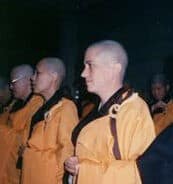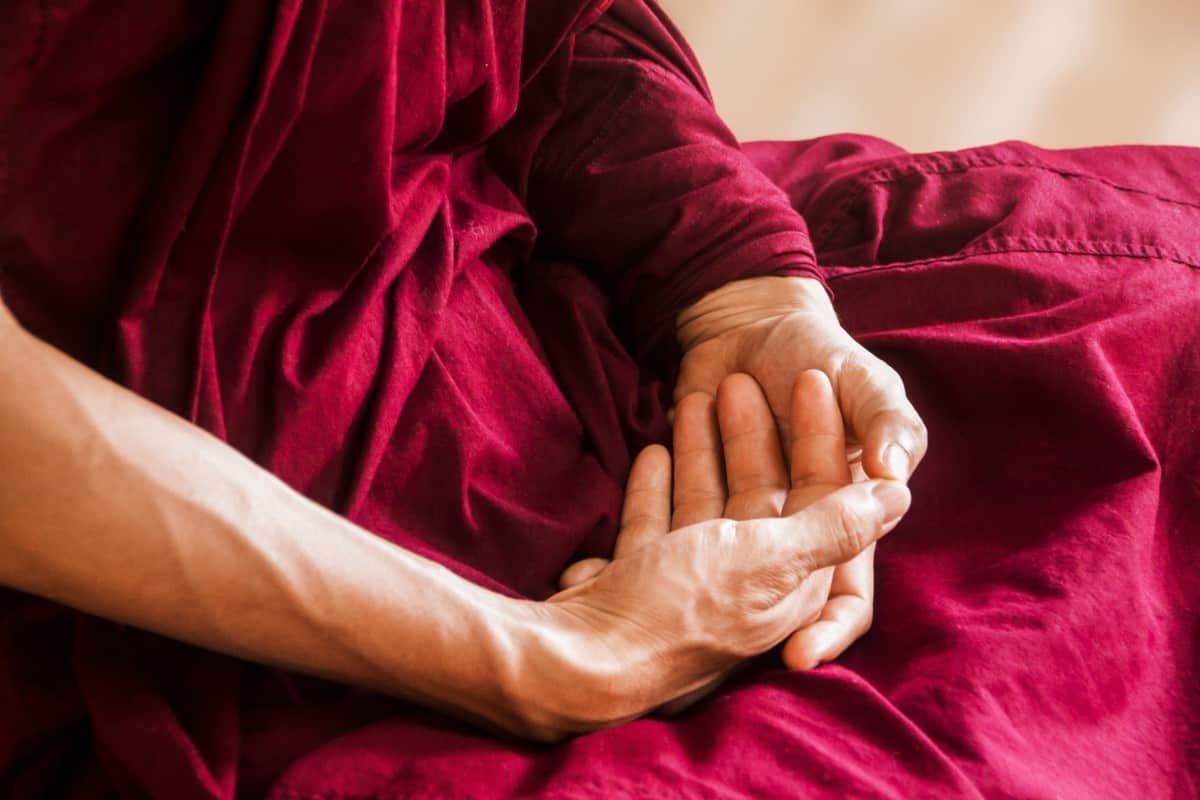Suggesting a collaboration for the purpose of reaching consensus towards bhikshuni ordination

His Holiness the Dalai Lama's statement on bhikshuni ordination. Dharamsala, India.
Although there has previously been discussion regarding bhikshuni [ordination], no decision has been reached. However, we need to bring this to a conclusion. We Tibetans alone can’t decide this. Rather, it should be decided in collaboration with Buddhists from all over the world. Speaking in general terms, were the Buddha to come to this 21st century world, I feel that most likely, seeing the actual situation in the world now, he might change the rules somewhat.
Tibetans are not solely responsible for the Buddhist tradition, but amongst those who are responsible, we have an important role. In general, in Thailand, Sri Lanka, Burma, Korea, Japan, and China, there are many “upholders of the vinaya” (bhikshus), and vast numbers of ordained persons; there are nuns and also there are also bhikshunis. Hence, all of these come within the sphere of those who are important in any decision that is taken. We Tibetans alone cannot decide this.
However, now, from our Tibetan side we need to plan for when there is an international gathering to discuss this matter, so that we are able to present and explain in complete form whatever discussions and research we have undertaken. Thus, we need to bring our research to a conclusion and have a clear presentation to make, and then we should make connections with all corners of the Buddhist world. If we are able to do this, I think it will be very good.
Then, regarding what we can do ourselves, many of our nunneries have set up programs of advanced levels of education. Those studies are underway, and well-educated nuns are coming up. We had discussion some years ago that if nuns have studied two, three or however many of the [five] main texts, then if they take the debate exam on those texts, accordingly, they need to receive a geshe-ma degree. It was discussed that if there can be gelong-ma (bhikshuni), then there can also be geshe-ma.
For this, there needs to be discussion with the Department of Religion and it needs to be settled with a written document. This applies not just to we Tibetans, there are also many nunneries from Ladakh in the west to Arunachal Pradesh in the east.
In many countries of the world, not just within Buddhism, women have great faith in religion. For example, if we look at the Christian church, the majority of those who visit the churches are women. Regarding Muslims, I can’t say. But in any case, it seems that within the Buddhist countries in the Himalayan region, it is women who have greater faith in their religion. Hence nunneries become very important and accordingly, studies should be of high quality and if, gradually, the lineage of bhikshuni ordination can be introduced it would be good.
His Holiness the Dalai Lama
His Holiness the 14th Dalai Lama, Tenzin Gyatso, is the spiritual leader of Tibet. He was born on July 6, 1935, to a farming family, in a small hamlet located in Taktser, Amdo, northeastern Tibet. At the very young age of two, he was recognized as the reincarnation of the previous 13th Dalai Lama, Thubten Gyatso. The Dalai Lamas are believed to be manifestations of Avalokiteshvara or Chenrezig, the Bodhisattva of Compassion and the patron saint of Tibet. Bodhisattvas are believed to be enlightened beings who have postponed their own nirvana and chosen to take rebirth in order to serve humanity. His Holiness the Dalai Lama is a man of peace. In 1989 he was awarded the Nobel Peace Prize for his non-violent struggle for the liberation of Tibet. He has consistently advocated policies of non-violence, even in the face of extreme aggression. He also became the first Nobel Laureate to be recognized for his concern for global environmental problems. His Holiness has traveled to more than 67 countries spanning 6 continents. He has received over 150 awards, honorary doctorates, prizes, etc., in recognition of his message of peace, non-violence, inter-religious understanding, universal responsibility and compassion. He has also authored or co-authored more than 110 books. His Holiness has held dialogues with heads of different religions and participated in many events promoting inter-religious harmony and understanding. Since the mid-1980’s, His Holiness has begun a dialogue with modern scientists, mainly in the fields of psychology, neurobiology, quantum physics and cosmology. This has led to a historic collaboration between Buddhist monks and world-renowned scientists in trying to help individuals achieve peace of mind. (Source: dalailama.com. Photo by Jamyang Dorjee)


